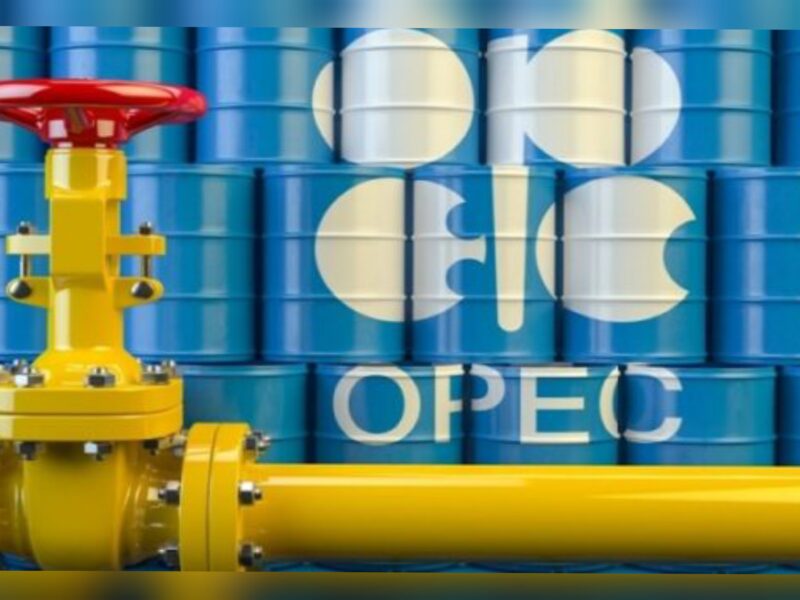OPEC Secretary General Highlights the Role of Government Taxes in Fuel Price Surge
Vienna, Austria – The Secretary General of the Organization of the Petroleum Exporting Countries (OPEC), Haitham Al Ghais, has addressed concerns regarding the rising fuel prices in Nigeria, clarifying that oil producers, including the Dangote Refinery, are not the main cause.
In a statement published on Tuesday, Al Ghais pointed to government-imposed taxes as the primary factor driving up fuel prices, rather than crude oil prices or refinery margins.
Al Ghais emphasized that while it is widely assumed that rising oil prices benefit oil producers at the expense of consumers, this narrative is misleading. He explained that a significant portion of the revenue from fuel sales is earned by major oil-consuming nations through taxes, not by oil-producing countries.
“Revenues are often generated, but they are predominantly earned by major oil-consuming countries through taxation,” Al Ghais noted, adding that oil-producing nations, such as those in OPEC, do not profit as much from retail fuel sales as some may believe.
Taxation’s Role in Fuel Prices
Al Ghais revealed that between 2019 and 2023, countries in the Organisation for Economic Co-operation and Development (OECD) earned approximately $1.915 trillion more annually from the sale of petroleum products than OPEC countries earned from crude oil sales.
In 2023 alone, taxes made up around 44% of the final retail price of petroleum products in OECD nations, with some European countries seeing this figure rise above 50%.
This analysis sheds light on Nigeria’s current fuel price hikes, underscoring that the high prices at the pump are influenced by various factors, including taxes, transportation, refining costs, and crude oil prices. “It is important to recognize that the price paid by consumers at the pump is determined by multiple factors, including crude oil prices, refining, transportation, and, notably, taxes,” Al Ghais said.
Global Fuel Tax Trends
In the UK, for example, fuel duties are projected to bring in £24.7 billion for the government in 2023-24, accounting for 2.2% of total national receipts. This highlights a global trend where governments, in both oil-producing and consuming nations, rely on petroleum products as a significant revenue source.
Reinvestment by Oil Producers
While oil-producing countries do earn revenue from crude oil sales, Al Ghais pointed out that a considerable portion of this income is reinvested into exploration, production, and infrastructure development. These investments are essential to maintain future oil supplies and ensure stability in the global energy market.
Al Ghais called for a shift away from the notion that pits consumers against oil producers, emphasizing that both groups are integral stakeholders in the energy ecosystem. He urged for a more nuanced understanding of fuel pricing, highlighting that taxes imposed by governments play a critical role in the final price consumers pay.










Join our Channel...